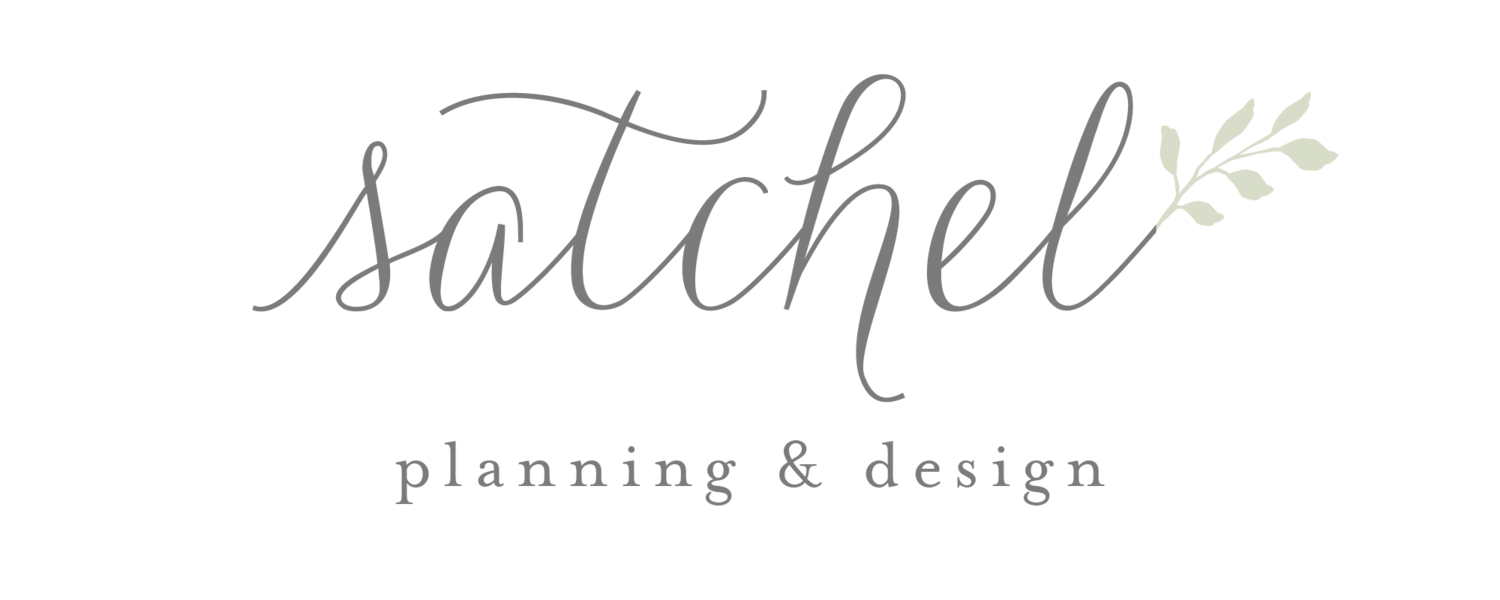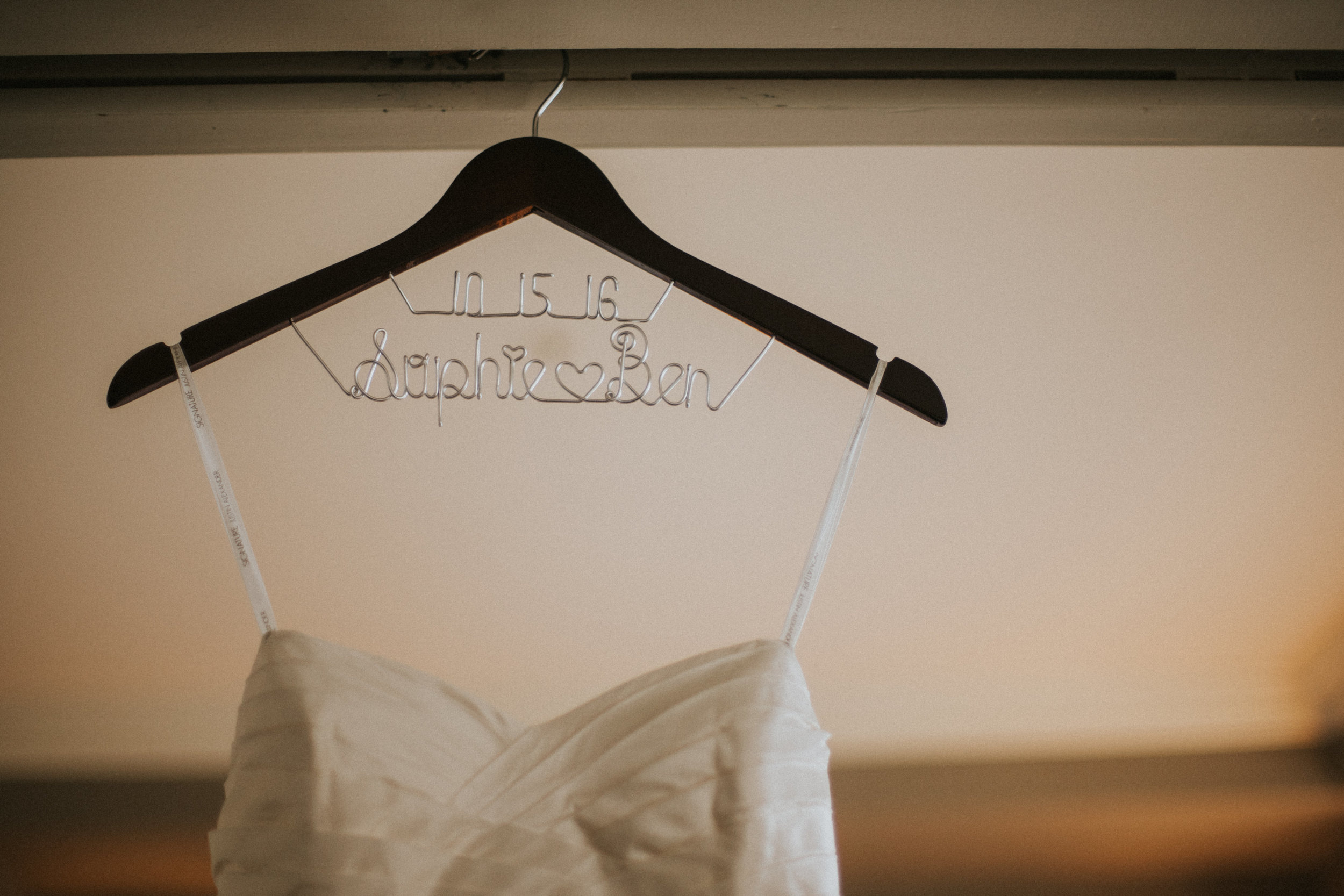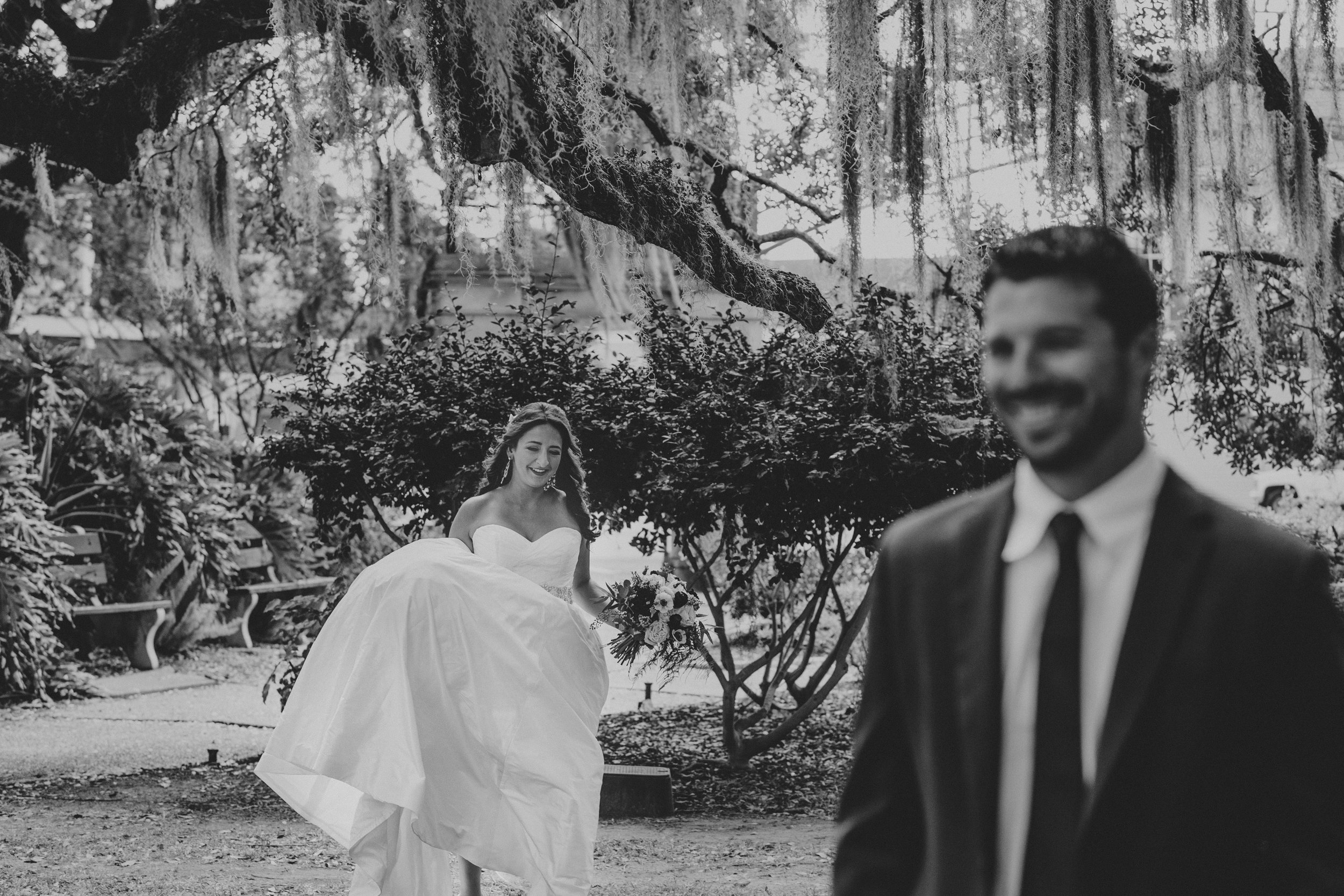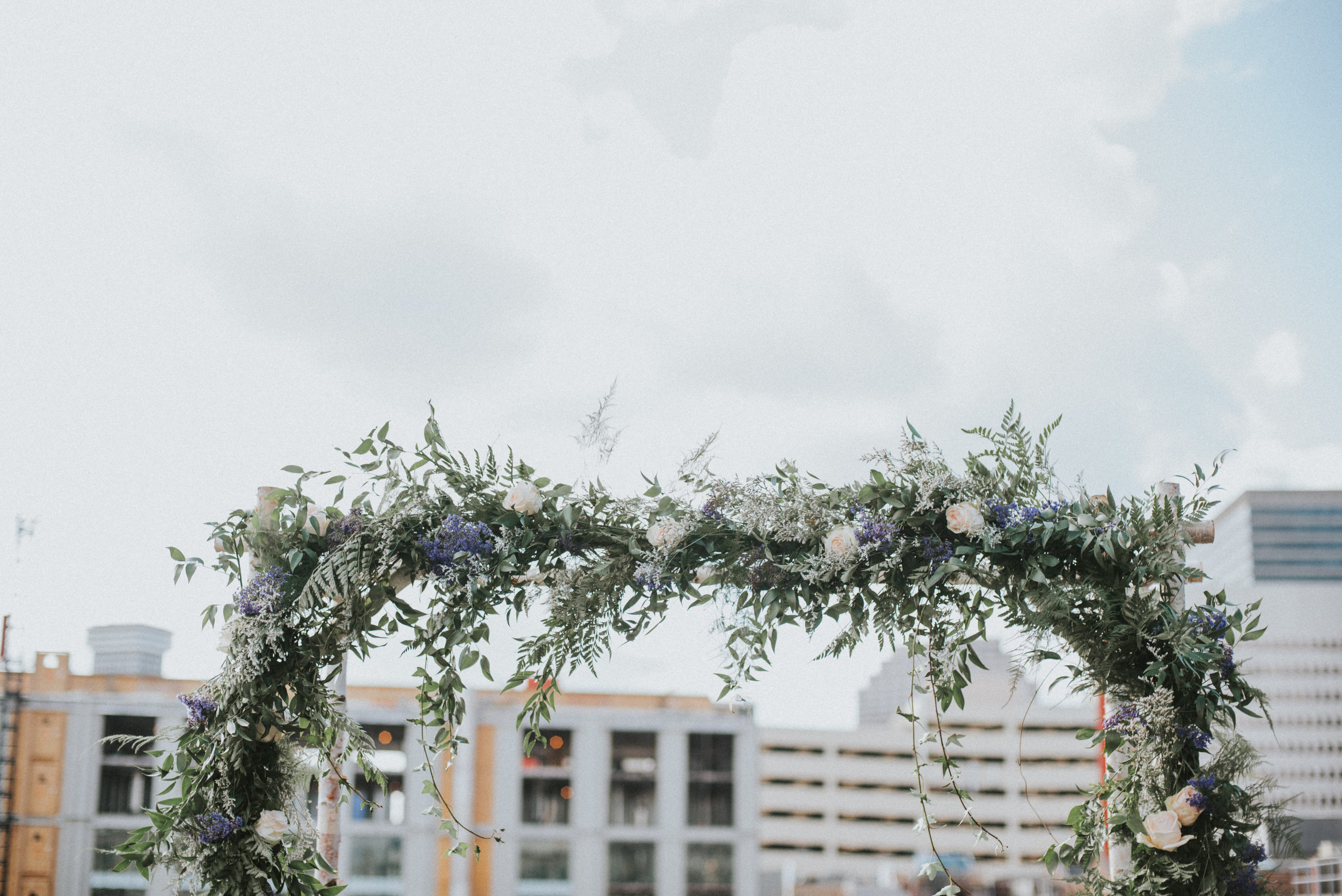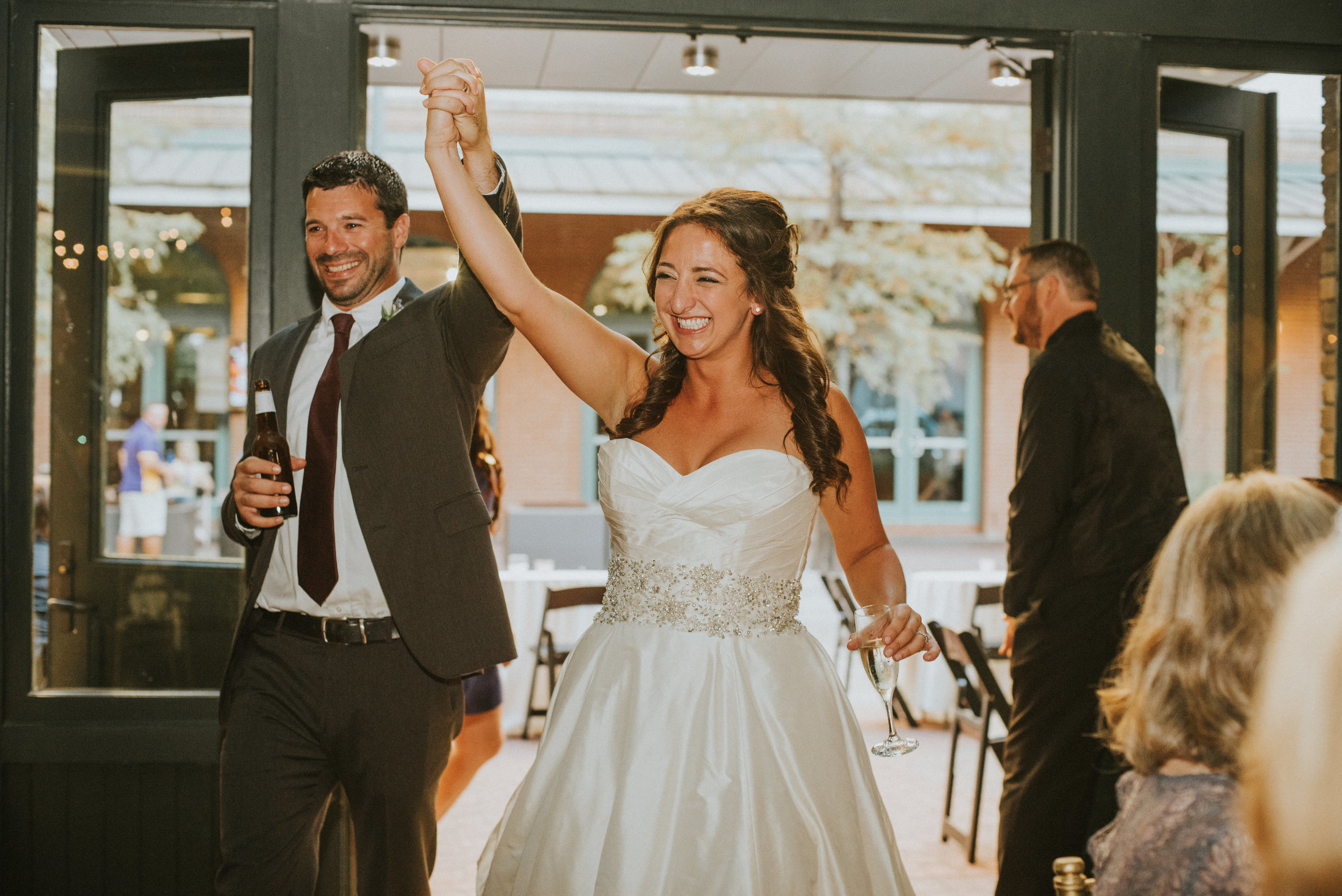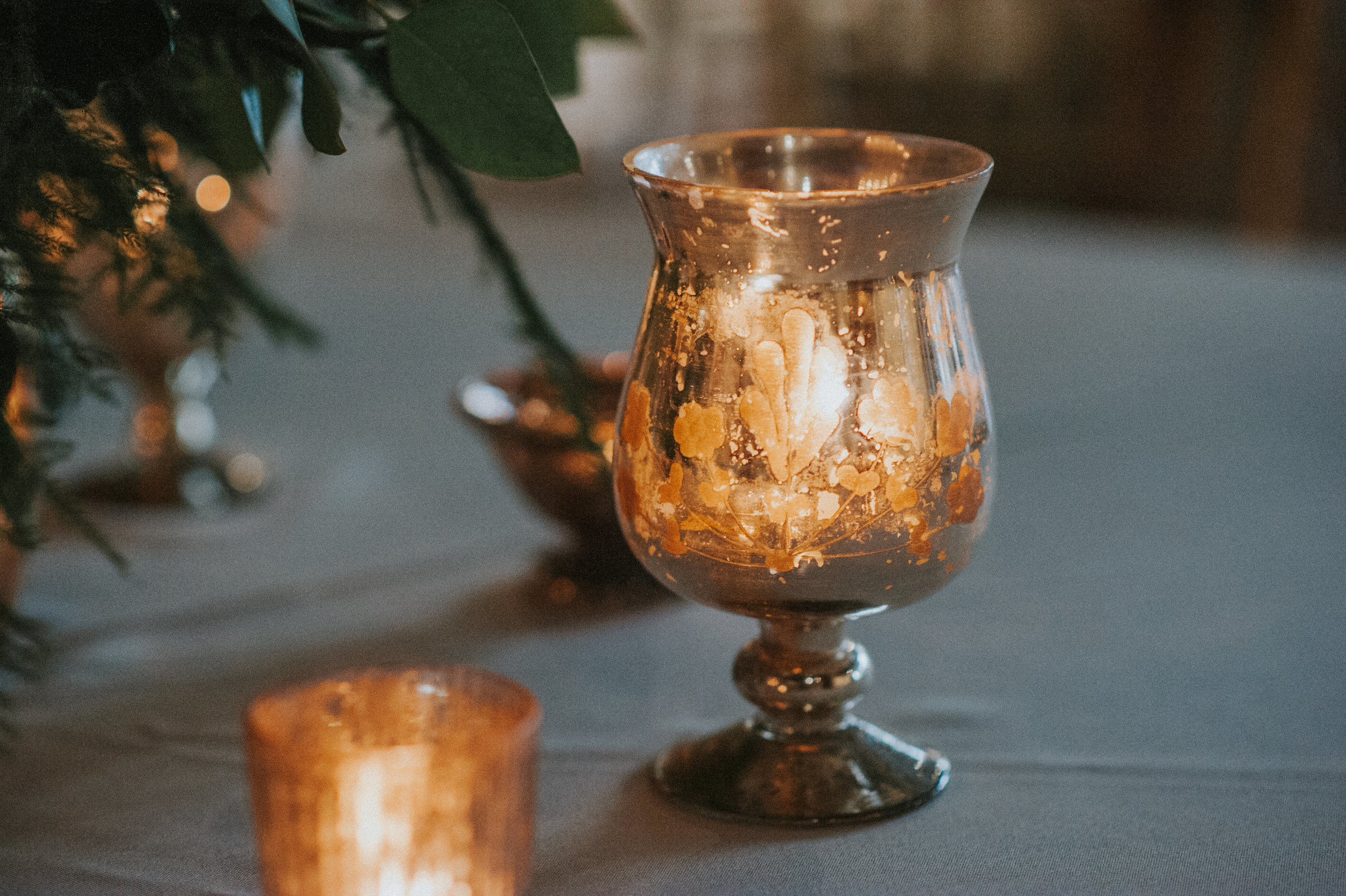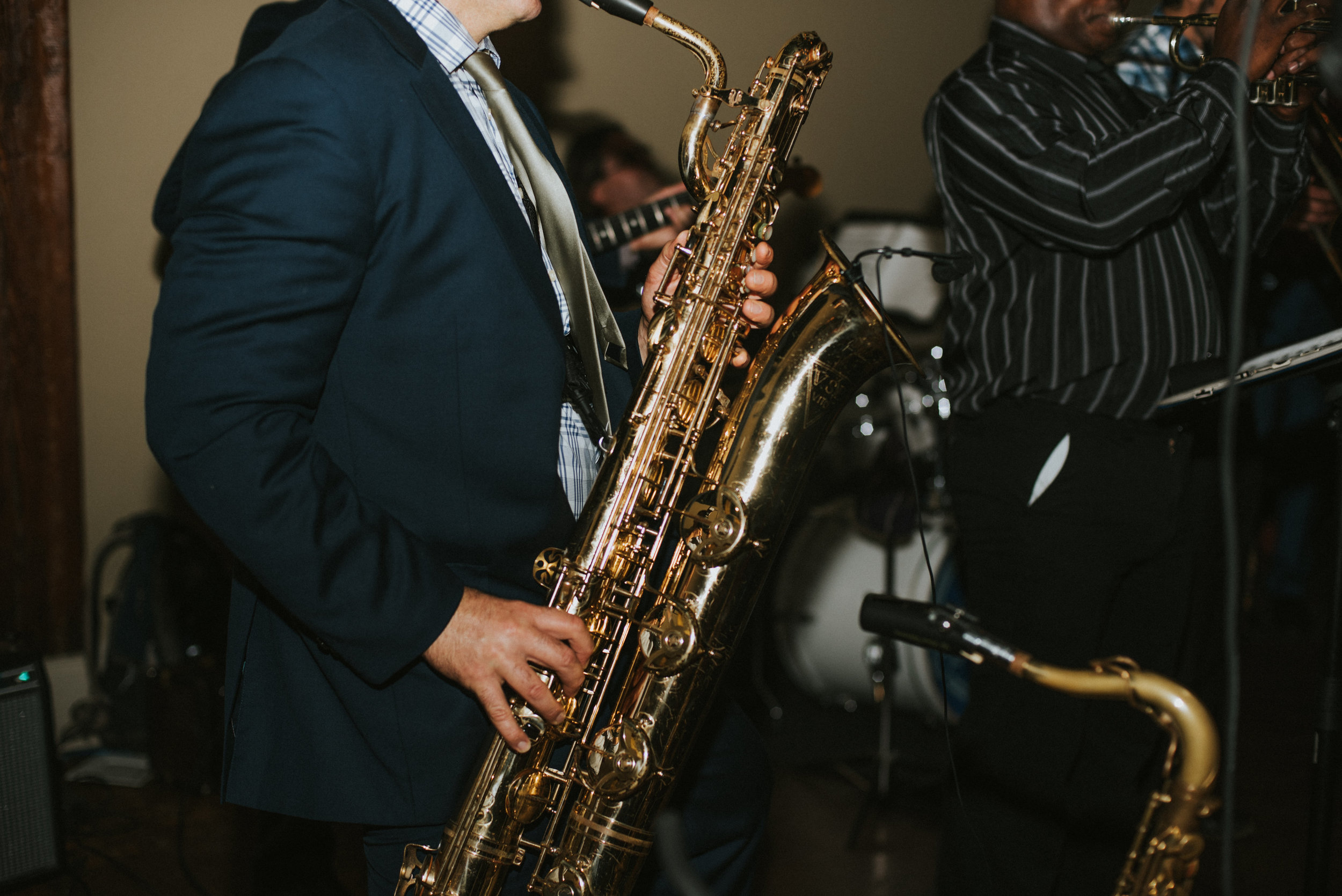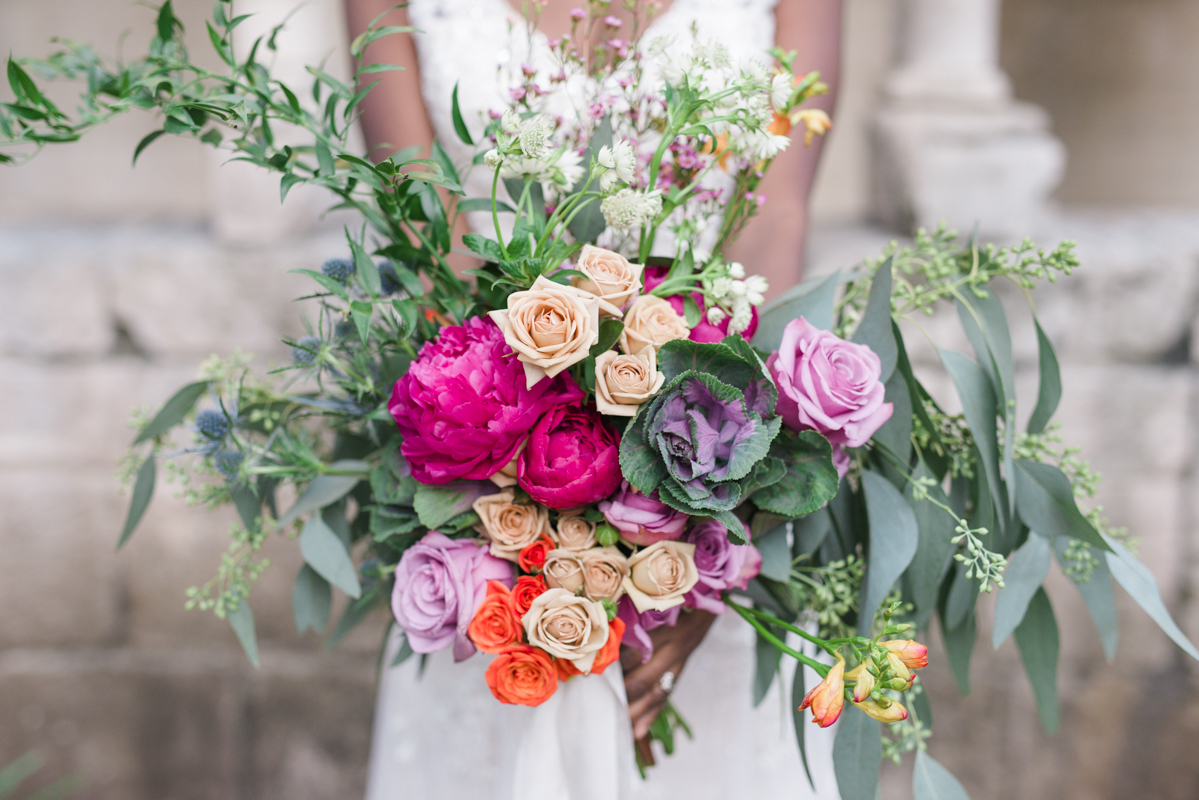Should we and how much should we tip are questions we get all the time! Wedding tipping etiquette can be extremely confusing, and most online articles regurgitate the same outdated themes. The simple answer is you should tip anyone who gave you excellent personal service throughout your wedding planning or on your wedding day. Below are some general guidelines to help you determine who, and how much, to tip.
Do I tip someone who owns their own business?
If they provided great personal service, then yes. You can find tons of articles that tell you it isn’t appropriate to tip someone who owns their own business, but that rule is overly generalized. In some cases, it makes sense--no, you don’t need to tip the owner of the rental company that employs 50-100 people, you’ve never met before, and they don't know your name or that your wedding is even happening. However, the photographer that works for himself and has been lugging around camera gear in New Orleans' heat for 12 hours has provided a personal service to you, so yes, it is appropriate to tip them if you were pleased with the service. A large portion of your wedding vendors are likely small business owners intimately and personally involved in making your day special, so by all means tip them if you feel they are deserving!
How much do I tip?
A general guideline for tipping is 20% of the cost of services, and that number holds true for vendors such as your hair and makeup artists, transportation drivers, etc. Practically, however, if you tipped every vendor 20% the cost of their services, that could push you way over your wedding budget. Here are some additional tipping suggestions:
“Large teams” (4+) catering/bartending/valet staff/large bands: $20-50 per person
“Small teams” (1-3) photographers, catering managers, on-site coordinators, live event artists, planners, florists, bakers, designers, smaller bands/musicians: $100-200 per person
“Manual labor” those setting up tables/chairs/lighting, etc.: $20-50 per person
“Deliveries” those dropping off cake or floral arrangements, etc.: $5-15 per person
Do I tip vendors if gratuity was included in the contracted price?
Yes, because a lot of the time the contracted gratuity is not being passed down to the employees. So just because the limousine company added in gratuity doesn’t mean you shouldn’t tip the driver if he was on time, professional, and treated you and your bridal party like royalty.
Tips on Tipping:
Work tips into your budget at the very beginning of the planning process. This will make parting with the money less painful, and insure that you won’t spend the money by the time your wedding day is here.
Before your wedding day, figure out who and how many people you need to tip, get the cash, and place in envelopes with the vendors’ names on them. If you are tipping a large group of people, such as the catering staff, you will want to find out how many will be working your event to come up with your total. Don’t forget to give the tips to your planner or onsite coordinator before your wedding day, so they can distribute to the vendors you might not see.
Also consider a “general tipping” envelope filled with fives and tens to hand to your planner to pass out as warranted (and return whatever is leftover) when you don’t know the exact number of people who may be dropping by throughout the day with deliveries, helping with set-up, etc.
In sum, while tips are never expected or required, they are always appreciated and appropriate for any vendor working to make your day great. While this article is meant to help with tipping guidelines/amounts, of course whatever you can personally afford is the right amount for you. If that amount is zero, a thank you note or glowing review is a great way to let your vendors know you appreciated all the hard work!
